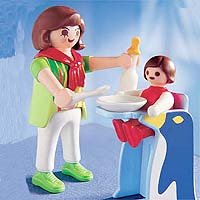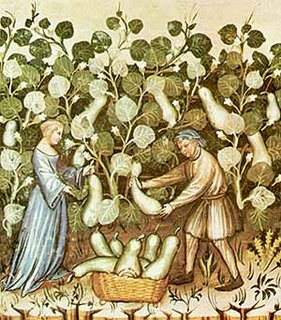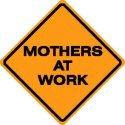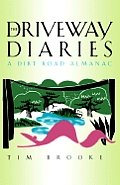And what are you reading?
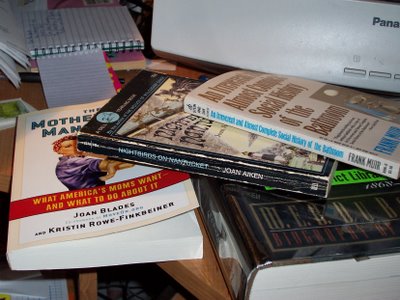
Huck's Raft: A History of American Childhood, by Steven Mintz
Nevertheless, the Great Awakening did reinforce a trend toward greater youthful autonomy.
Yes, I know that this book was on the list last time I did this about six weeks ago. I've checked it out of two different libraries, then finally bought my own copy. It's a wonderful book, though, one I'm happy to own, and I'm finally at the last chapter. I'm going to write a review of it here as soon as I have the time.
________________
An Irreverent and Almost Complete Social History of the Bathroom, by Frank Muir
It is no wonder that, apart from health cranks, hardly anybody at that time 'frequented the gelid cistern'.
I got this for a quarter at one of the book sales yesterday. Interestingly enough, I was googling to try and discover when "shower-baths" become common in American bathrooms just the other day. I didn't find anything online, though there were a bunch of book and journal references that I could search out if I need it. 1920's, I'm guessing? The index in Muir's book points to the origins of cold showers, which was earlier than I thought. I'll bet showers weren't very popular until hot water heaters were common.
________________
Nightbirds on Nantucket, by Joan Aiken
"Thee may have the use of my stateroom."
I loved Joan Aiken's books as a child, starting with The Wolves of Willoughby Chase. I think my son is almost old enough for them, and this was also a bargain for a quarter. I'm looking forward to re-reading the whole series.
________________
The Motherhood Manifesto: What America's Moms Want - and What to Do About It, by Joan Blades and Kristin Rowe-Finkbeiner
"She's kind of moody, but she's really good with kids and I might have to use her."
I've been looking forward to reading this ever since I read about it on MomsRising.Org. It doesn't have an index, though, which is a pet peeve of mine.
________________
W.E.B. Du Bois - Biography of a Race, 1868-1919, by David Levering Lewis
"We were companions," said he, pure and simple.
This book is for an article for my part-time writing gig. It's fascinating, though, and outrageous that I knew so little about Du Bois and his influence on American politics & civil rights. It doesn't say much for my high school history teachers or textbooks, that I knew so little about Booker T. Washington, W.E.B Du Bois, William White, and Monroe Trotter.
________________
The Kite Runner, by Khaled Hosseini
Hassan, of course, was oblivious to this.
My book club is reading this, and half the people I know (including my mother) have already read it and loved it. I'm liking it a lot so far, though I'm worried something tragic is going to happen soon.
